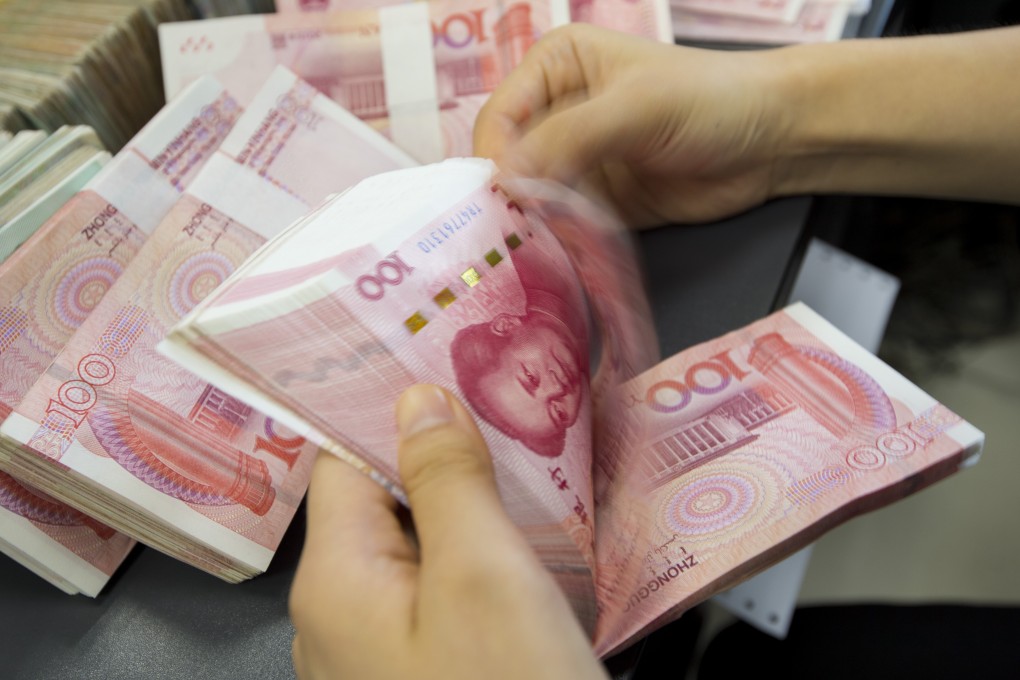Advertisement
China to revive international yuan drive along belt and road countries
- Senior Chinese government adviser says Beijing will try to expand reach of the currency through its massive infrastructure plans
- Yuan should be used as much as possible in pricing, settlements and payments, Huang Qifan says
Reading Time:2 minutes
Why you can trust SCMP

China aims to use the yuan “as much as possible” in its Belt and Road Initiative to try to expand its use as a reserve currency, a senior Chinese government adviser said on the weekend.
Former Chongqing mayor Huang Qifan told a financial forum in Xian in northwestern China on Saturday that the yuan’s share of global payments was limited and the country must redouble efforts to increase the currency’s use in countries that signed up for the massive infrastructure plan.
The yuan accounted for about 2 per cent of global reserves and 1.76 per cent of cross-border payments by the end of June, Huang said, adding: “It’s not commensurate with our country’s status as the world’s largest foreign trade country.”
Advertisement
He said the yuan should be used as much as possible in pricing, settlement, receipts and payments and reserves.
“[China] should accelerate internationalisation of the yuan,” he said.
Beijing has made only limited progress over the last decade in its efforts to expand use of the yuan in international trade and investment in large part because of its firm controls over the capital account.
Advertisement
Advertisement
Select Voice
Choose your listening speed
Get through articles 2x faster
1.25x
250 WPM
Slow
Average
Fast
1.25x